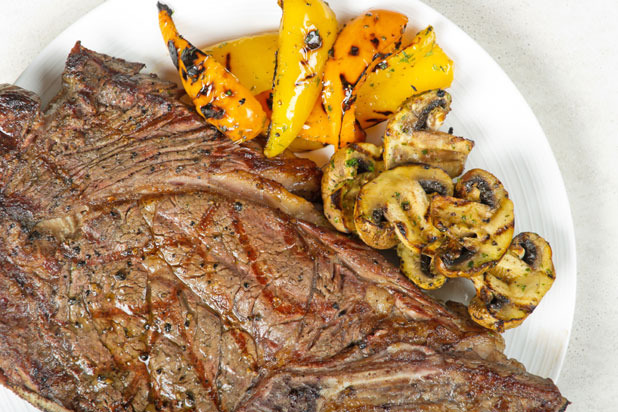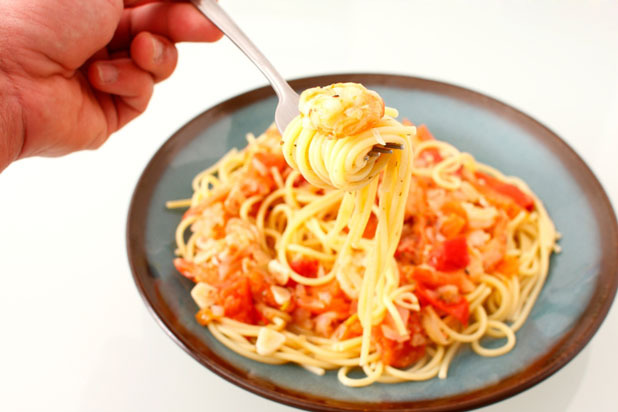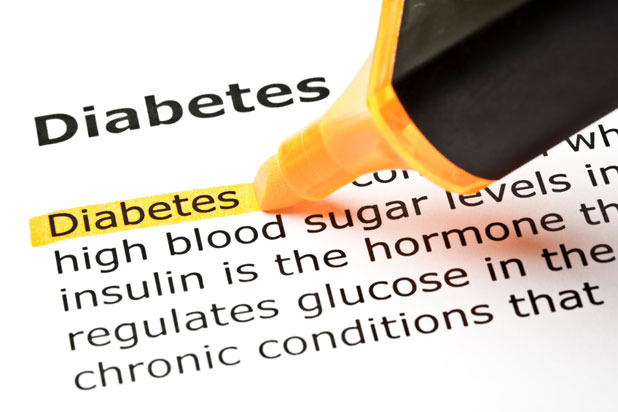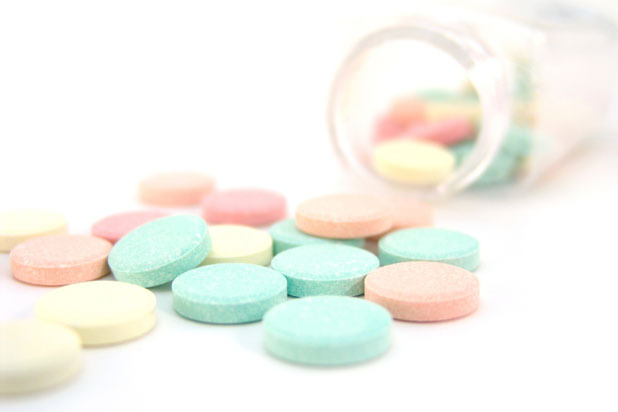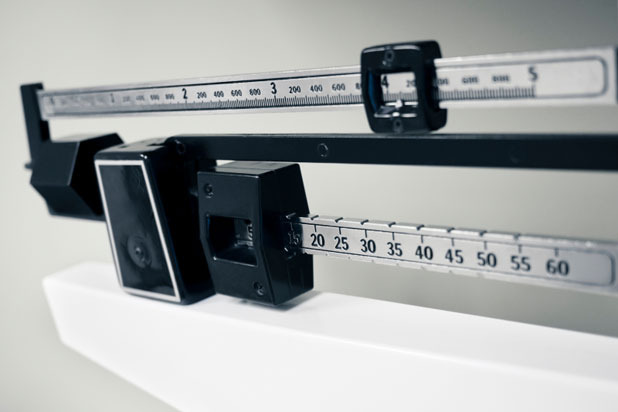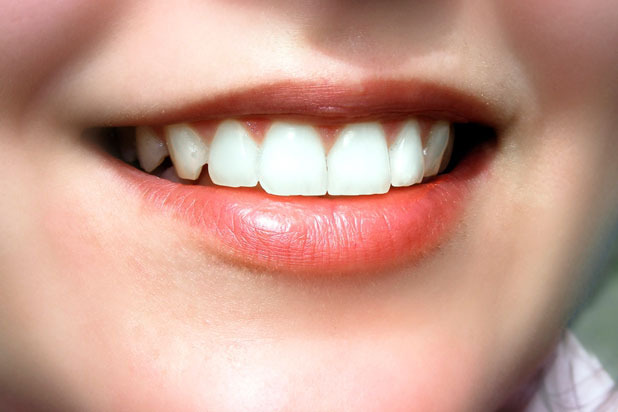10 Reasons To Eat Slower Slideshow
Sitting at your favorite restaurant in anticipation of a delectable dish is torture when you're starving. When it arrives, all succulent and piping hot, it takes all of your Emily Post-manners to not dive in fork first and start flinging food into your mouth as quickly as possible. But taking a minute to enjoy your meal may actually prevent you from eating too much of it.
Harvard Health Publications explains that when you consume food and water, stretch receptors are triggered in your stomach to send a signal through the vagus nerve, which connects the gut and brainstem. As partially digested foods enter the small intestine, hormones like leptin (produced by fat cells) signal the brain about long-range needs and satiety, based on that food amount. Researchers argue that eating too quickly, without allowing food to settle, messes with the brain's ability to receive the message that the body actually has enough food. Hence, prolonged eating and bloated evenings.
2. Savor Flavors
What good is a tasty meal when it hardly has a chance to linger on your taste buds? But savoring flavors by eating slower means more than just a pleasurable sensory experience. Linda Bacon, Ph.D., a nutrition professor at the City College of San Francisco, stated that the first few bites of a meal are crucial in savoring flavor to satiate hunger. After the first few bites, your flavor receptors begin to loose their sensitivity to what makes those foods taste so good. Savoring those first few bites may help you recognize when you are full.
3. Eat Slower, Have Less Anxiety
Taking the time to chew your food and savor your dishes can do wonders for your body, but drawing a meal out can do even more for your mentality. Studies show that eating quickly or on the go raises anxiety levels, which can lead to binge or stress eating. The malabsorption of essential nutrients raises nervous feelings in the body. When you take your time to eat, forcing yourself to slow down introduces calm into your busy schedule.
4. Better Digestion
Scientifically speaking, it is a known fact that digestion begins in the mouth. Salivary glands secrete mucus into the mouth to lubricate food prior to swallowing. The slower your chew, the more digestion occurs. Thus, the digestion that happens slowly in the mouth helps stomach digestion occur more easily and reduces digestive problems.
5. Prevent Insulin Resistance
When the body produces insulin but does not use it properly, people experience a condition called insulin resistance. Insulin essentially helps the body convert glucose into energy, and as glucose is the body's main source of energy, this is very important. Should this process be compromised, there is an increased chance that those who have insulin resistance will develop type 2 diabetes or heart disease. Japanese researchers found that when eating too quickly, both men and women developed insulin resistance, especially those who were middle-aged. Eating slower could help prevent this dangerous process from occurring.
6. Reduces Acid Reflux
Heartburn after a great meal completely negates any happy sensory experience you had while eating. When stomach acids enter the esophagus and are left untreated, they can lead to serious medical consequences — narrowing of the esophagus, bleeding, or increased risk of developing esophageal cancer can occur. This could all be avoided if you opt to eat a little more sluggishly. Researchers at the Medical University of South Carolina in Charleston, S.C., instructed 10 healthy volunteers to finish a meal in five minutes or 30 minutes on alternating days. They found that those who took 30 minutes to eat experienced fewer episodes of acid reflux than the speed-eaters.
7. Promotes Weight Loss
While we already know that eating slower helps prevent overeating, research also indicated that those who did eat fast were more likely to be obese. There is also a lot of research that suggests that weight-loss success is based around a doable lifestyle choice. Cutting junk foods out entirely puts some dieters in a position where they are more likely to fail — completely succumbing to temptation. Eating slower allows one to savor junk food a bit, allowing consumers to feel fully satisfied by their little treat.
8. Promotes Social Interaction
Europeans are known for their long feasts and spending hours at the dinner table, whereas we Americans down a coffee and doughnut on our 15-minute car ride to work and call it breakfast. Planning meals with friends and savoring not only the food but the conversation allows you to interact with your buddies. Putting the fork down between chitchat and setting boundaries while eating takes the focus off of hunger and puts it back on the people you're dining with.
9. So You Can Drink More Water
The benefits of drinking water are endless — from better skin to healthy weight loss. However, drinking the recommended amount of water a day — eight 8-ounce glasses — is pretty hard to do when you're eating so fast you can hardly come up for air. Eating slower and taking pauses between bites helps you consume more water, and in turn reap all of the benefits of this wonder liquid.
10. Strengthens Teeth
Your pearly whites will thank you for not putting them through abrupt, harsh food grinding and they'll also thank you for helping them become strong. A key component in eating slower is throughly chewing your food. While we already know that saliva helps your food break down more easily for digestion, it also helps strengthen tooth enamel. Chewing slowly allows you to create more saliva in your mouth and since eating slowly helps prevent acid reflux, this is a win-win for your teeth, as acid reflux is one of the leading causes of enamel erosion.
